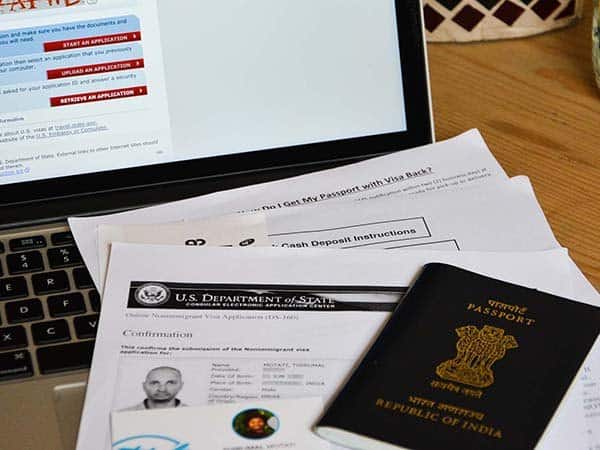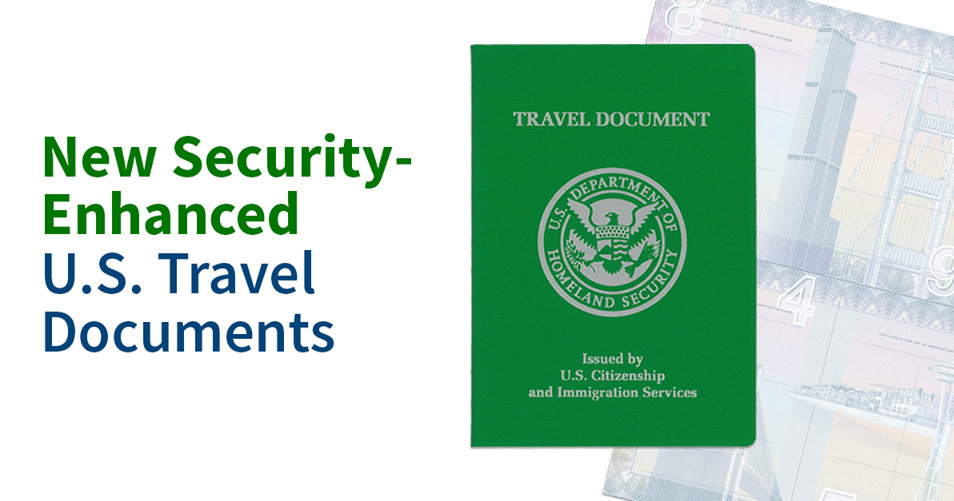


Nationals of countries not on this list may be the beneficiary of an approved H-2A or H2-B petition in limited circumstances at the discretion of the Department of Homeland Security if specifically named on the petition.ĭerivative H-4, L-2, O-3, and P-4 visas, issued to accompanying or following-to-join spouses and children, may not exceed the validity of the visa issued to the principal alien. The current list of eligible countries is available on USCIS's website for both H-2A and H-2B visas. Under 8 CFR §214.2, H-2A and H-2B petitions may generally only be approved for nationals of countries that the Secretary of Homeland Security has designated as participating countries. The validity of H-1 through H-3, O-1 and O-2, P-1 through P-3, and Q visas may not exceed the period of validity of the approved petition or the number of months shown, whichever is less. The wife and child would, therefore, be entitled to derivative status and receive the same reciprocity as Mr. His wife and child are nationals of the country of Y which has no treaty with the U.S. The spouse and children of an E-1 or E-2 principal alien are accorded derivative E-1 or E-2 status following the reciprocity schedule, including any reciprocity fees, of the principle alien’s country of nationality.Įxample: John Doe is a national of the country of Z that has an E-1/E-2 treaty with the U.S. E-1 and E-2 visas may not be issued to a principal alien if he/she is a stateless resident. The "employer" would have one of the following visa classifications:Īn E-1 and E-2 visa may be issued only to a principal alien who is a national of a country having a treaty, or its equivalent, with the United States. The validity of A-3, G-5, and NATO 7 visas may not exceed the validity of the visa issued to the person who is employing the applicant. A B C D E F G H I J K L M N O P Q R S T U V Visa


 0 kommentar(er)
0 kommentar(er)
